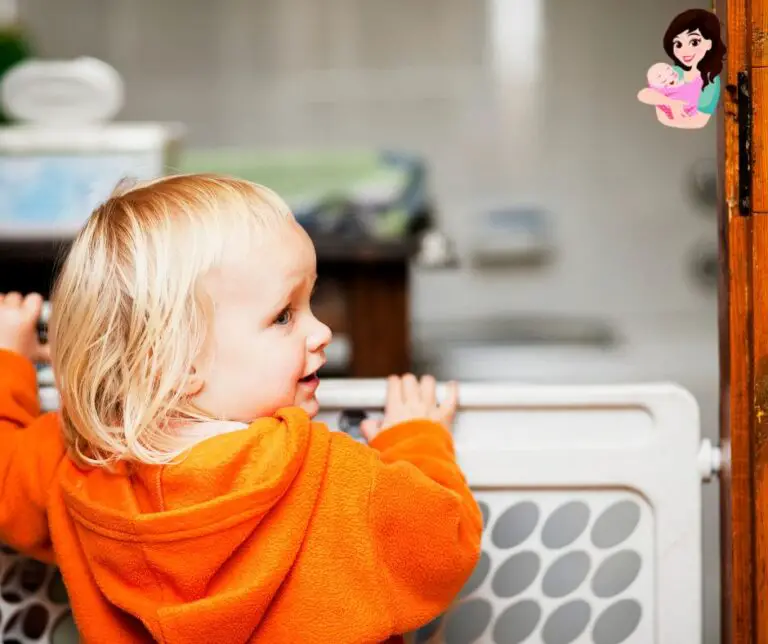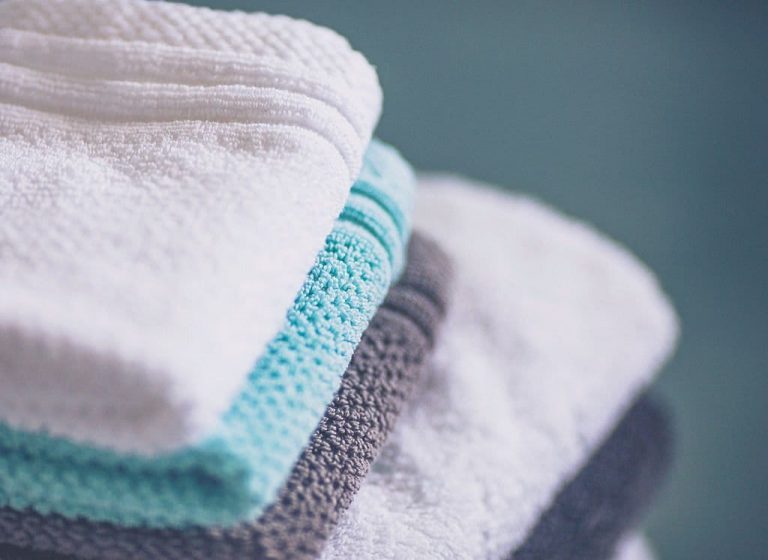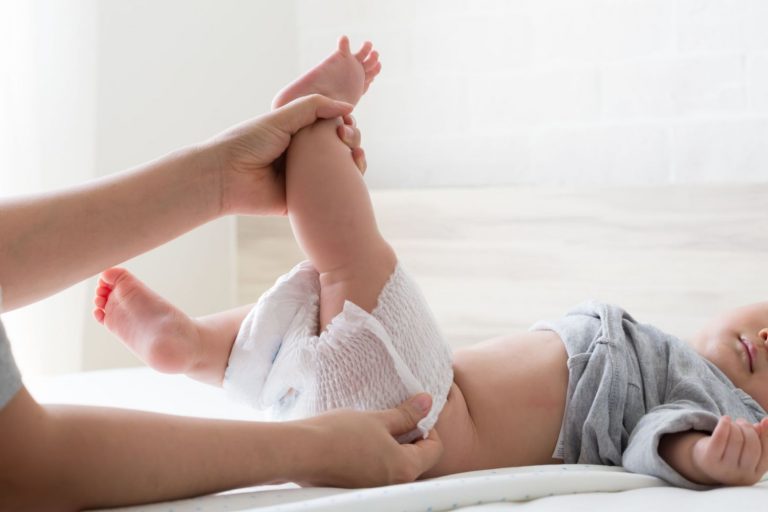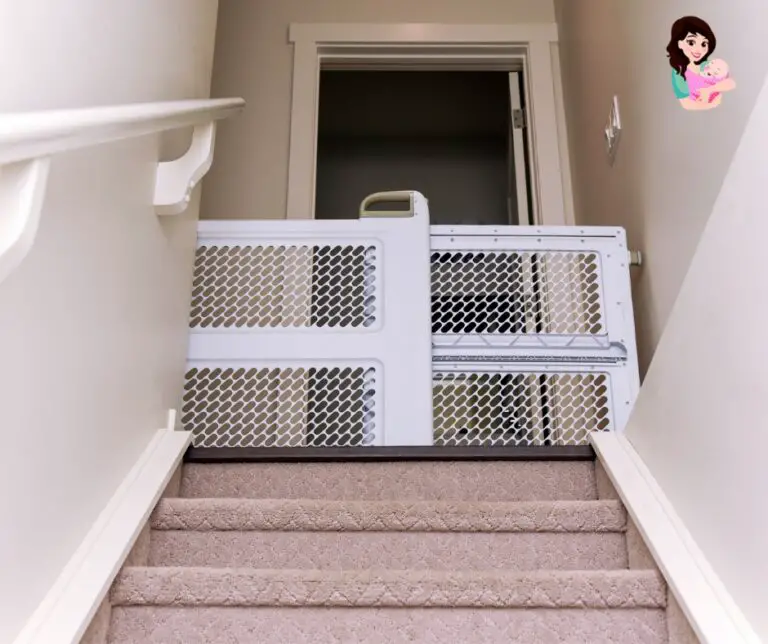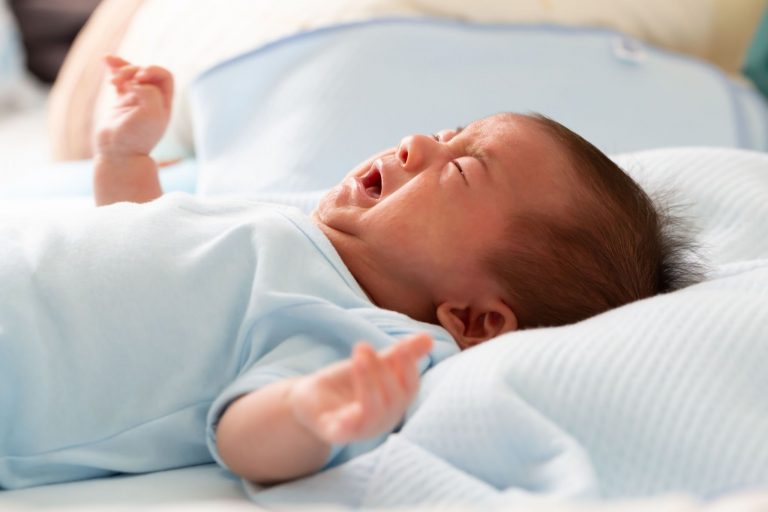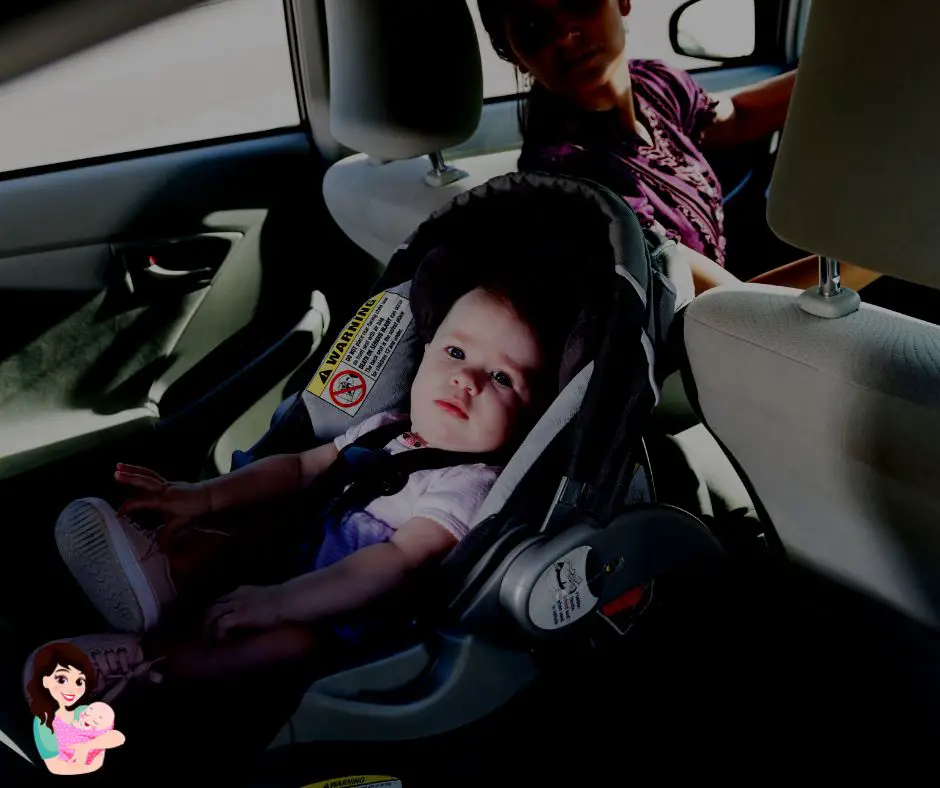
Nowadays, car seats are considered a necessity for babies and young children. They’re safer than riding in the back seat with no restraints, and they help prevent injuries and death from accidents. However, while car seats are generally safe, many often abuse them by using them as a sleeping platform for their baby.
Can A Baby Sleep In A Car Seat Overnight?
No, if there is one thing you should never do, it’s putting your baby to sleep in a car seat overnight or for extended periods. This may be dangerous for infants, and it’s best to avoid it altogether. We should use the car seat as designed: to transport your child safely, which means using it only as a restraint system while driving.
A car seat is not a suitable place for your baby to sleep. They designed car seats for short-term use, and there is no evidence that they provide any health benefits, so it’s best to avoid using them as an alternative to a crib or bassinet at night.
Also, parents are advised against using car seats on airplanes since they can’t be adequately secured in their upright position. Suppose you are traveling by plane with your infant. In that case, you should bring along a carry-on bag equipped with straps and handles that can be used as a portable crib instead of carrying around an unsecured car seat.
Why Babies Should Not Sleep Overnight In a Car Seat
The American Academy of Pediatrics warns against the dangers of placing a baby in a car seat for sleep. The seat already has straps and harnesses that could limit movement; this alone can cause problems for the baby. Here are the significant reasons you should avoid using your car seat as a crib:
Increased chances of difficulty in breathing
An infant’s chest is not as developed as an adult’s, so there is a greater chance that the car seat could compress it and make it difficult for them to breathe. They also have less muscle mass, which makes it harder for them to lift their head if it drops forward.
If your baby sleeps in their car seat overnight, they may be unable to breathe properly due to the increased pressure on their chest. This could eventually lead to respiratory problems if left unattended for too long.
Possible suffocation
Babies cannot always lift their heads when they roll over, which can lead to suffocation. The American Academy of Pediatrics (AAP) states that newborns have an immature ability to lift their heads and, as such, should never be left unattended while sleeping in a car seat. While it may seem common sense that you shouldn’t leave your baby alone while they’re sleeping, having them in a car seat makes this even more critical.
Other dangers include babies getting their faces stuck in the straps or against the back of the carrier. This can cause serious injury, such as bruising on the nose and back of the head, leading to permanent damage if left untreated. In addition, we have known infants to get their entire heads wedged between two spokes or slats on some models of infant carriers. This can result in severe brain damage and possibly death if immediate intervention isn’t undertaken.
A strain on the baby’s still-developing spine
Babies are still developing their spines in the womb, and their bones aren’t fully formed until they reach their full height. This makes it especially important not to place any strain on the baby’s spine while they are still so young and vulnerable.
They designed a car seat to support a child as safely as possible while in transit. Still, it doesn’t provide any additional protection against spinal damage. Sleeping in a car seat can cause permanent deformities resulting from the spine’s long-term pressure.
Letting your baby sleep with their back arched or rounded for long periods can lead to improper development of your child’s growing body shape, which could affect how well their organs work later in life.
Are Car Seats Always Bad For Babies?
No, car seats aren’t always bad for babies. They’re designed to protect them in the event of a crash and will keep your child safe as long as they are used correctly. But there are some precautions that you should take before using a car seat.
- Car seats should be used until your child is at least two years old or between 22 and 32 pounds. The American Academy of Pediatrics recommends young infants use rear-facing seats because these will reduce severe injuries from the impact and sudden stops during an accident by up to 75%.
- Never leave your baby alone in a car seat. Children under one-year-old have undeveloped muscles that might not hold their heads up without assistance when sitting in a car seat. So it’s best not to leave them unattended in any seat at all times until they’re able to sit independently on their own.
What Is The 2-Hour Rule?
The 2-hour rule simply states you should not leave your baby in a car seat for more than 2 hours at a time within a 24-hour period. This includes all types of car seats, whether a rear-facing infant seat or a forward-facing convertible seat.
Many manufacturers recommend that parents not use their infant carrier as an overnight sleeping arrangement because it does not provide the same level of protection as sleeping on bedding in their crib or bassinet. The AAP recommends babies sleep on flat surfaces such as beds or cribs. Still, if they must be placed on their backs while using car seats, we should never leave them unattended or unsupervised at any time during travel longer than two hours.
Conclusion
They designed car seats to protect children in car accidents. We should use them in motor vehicles, but only for short periods. That said, we should not use them as a sleeping platform for babies since they are not designed for use in such a manner. When it comes to babies’ safety and well-being, it is essential that we keep up with the latest news and research on infant health issues like car seat usage.

Hi, This is Emma Baster; As a mom, I spend my free time caring for my kids. I’ve read a lot on the Internet to improve my childcare skill and bring the best to my kids. Eruditemommy shares my knowledge and experience through helpful posts. I hope you enjoy them!

